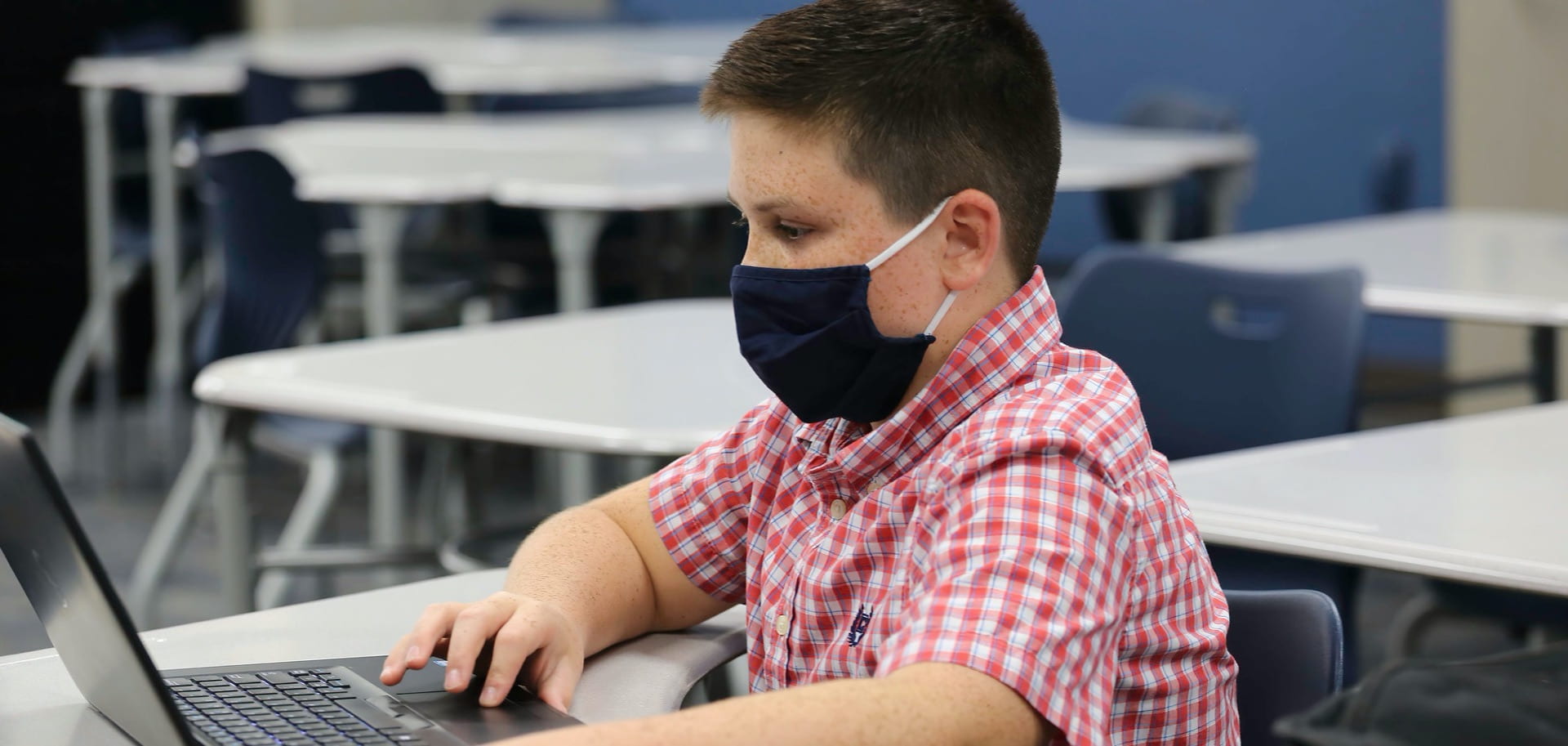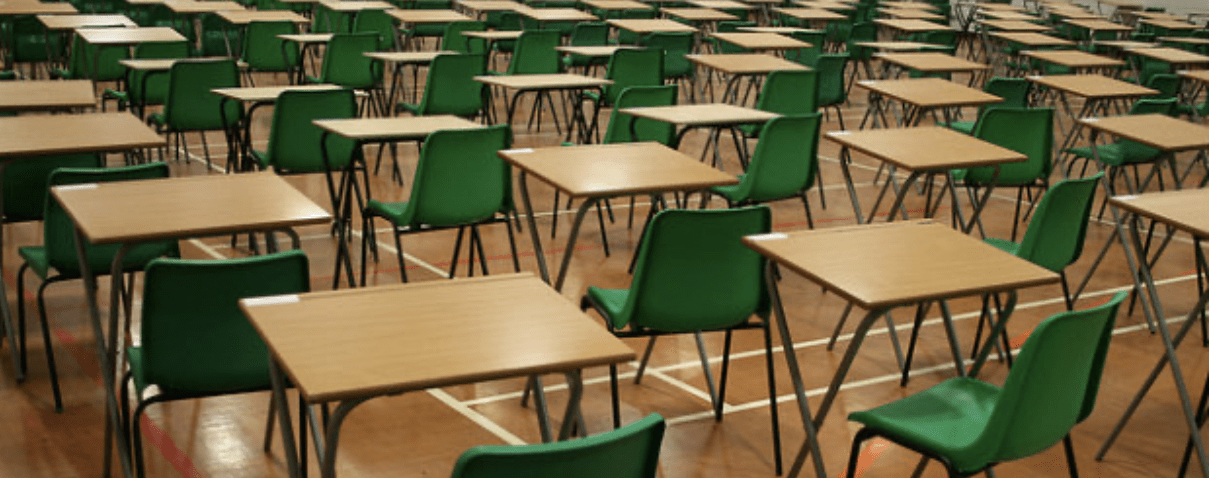Uganda: lockdown brought increased inequality and violence for young people
By Blog Editor, IOE Digital, on 19 October 2020
19 October 2020
By Jenny Parkes and Simone Datzberger
Young people the world all over have been deeply affected by lockdown measures due to COVID-19. Our new study on Young people, inequality and violence during the COVID-19 lockdown in Uganda offers insights from young people on how and why the pandemic may be amplifying inequalities, thereby creating the conditions for multiple forms of violence.
In March 2020, the Ugandan government introduced stringent lockdown measures – closing schools and businesses, banning public gatherings, restricting travel, and introducing a night-time curfew. Against this backdrop we wanted to learn from young people first-hand how response measures during the early stages of the pandemic have affected their lives. Thanks to strong local partnerships and a well-established collaboration with Ugandan researchers, we were able to conduct phone interviews from May-June 2020 with 18 girls and 16 boys (aged 16-19 years) at a time when lockdown measures were still in place. All of our interviewees are participants in longitudinal research (2017-2022) for the Contexts of Violence in Adolescence Cohort study (CoVAC). This allowed us to relate findings from our phone interviews to their biographical narratives recounted to our researchers over the past two years.
Most of the young people interviewed faced financial hardship: loss of livelihoods left families without the means to purchase basic (more…)
 Close
Close











